Johor-Singapore SEZ: Businesses say Malaysia’s ‘stickier’ government boosts their confidence in project, but brain drain remains a risk
Firms told CNA they have overcome initial concerns over the proposed special economic zone, but competing with Singapore for technical and skilled workers still poses a potential challenge.
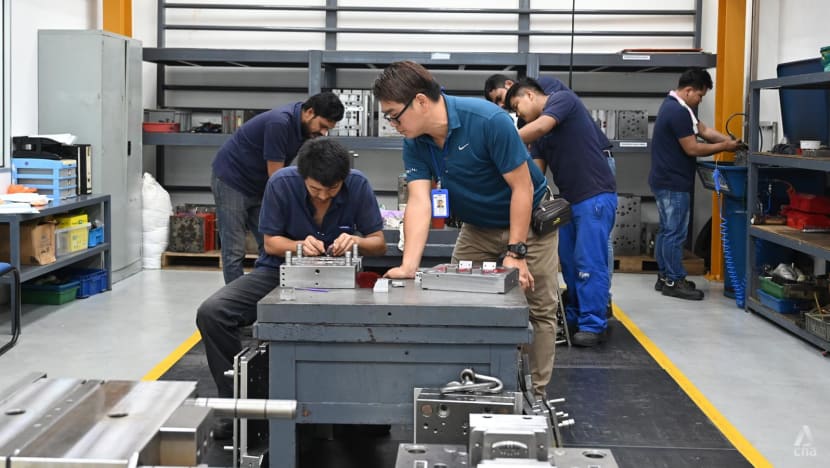
Racer Technology operations manager Tai Benn Cherng monitors his workers at the company's factory in Senai, Johor. (Photo: CNA/Zamzahuri Abas)

This audio is generated by an AI tool.
JOHOR BAHRU: Singaporean manufacturing firm Racer Technology has based some of its factory operations across the Causeway in Malaysia’s Johor Bahru for close to 20 years.
During this period, the company has seen six different prime ministers take the helm of the country’s federal government.
For Racer Technology - which has a diverse corporate clientele including Japanese watch manufacturer Seiko and US hypermarket giant Walmart - political stability in the countries they operate in is important, given that relocating factory operations is costly.
Besides its three factories in Johor’s Senai, the firm, which is headquartered in Changi in Singapore, has also branched out with operations in China, India and Batam in Indonesia.
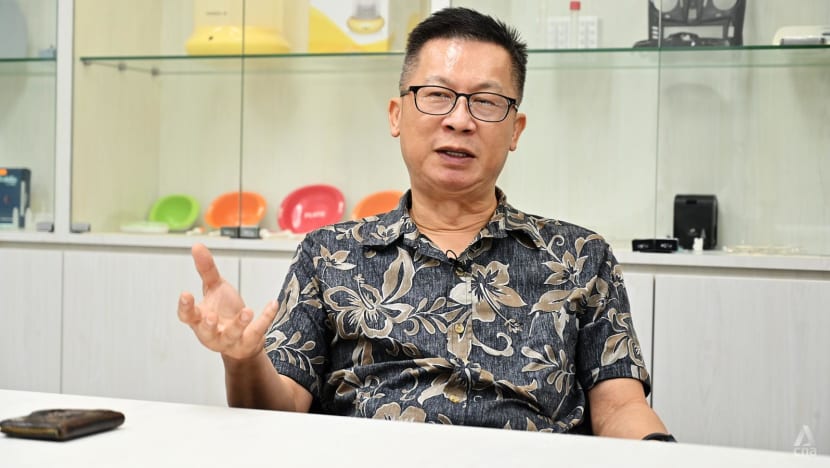
For CEO and founder Willy Koh, the political instabilities and uncertainties in Malaysia have previously triggered him to be cautious and scale back operations during the course of his time in Johor, he told CNA.
“As a business, we are looking at the long term. During the periods (of political uncertainty), a lot of foreign businesses in Malaysia diversified their projects, some went back to Singapore and in my case, I turned to Batam,” said Mr Koh.
“Because of the political issues, as a company we have to diversify, this also reassures our customers that we have backup plans in case anything happens,” he added.
But now he is optimistic that under the current administration led by Prime Minister Anwar Ibrahim, foreign companies who invest in Johor will be supported and that the Johor-Singapore Special Economic Zone will be viable in the long term.
“I think with the SEZ, Johor will boom - the political cooperation is good, synergy is good, the atmosphere is good. Who knows what the SEZ will be like in 30 years, but (for) now it is promising,” he added.
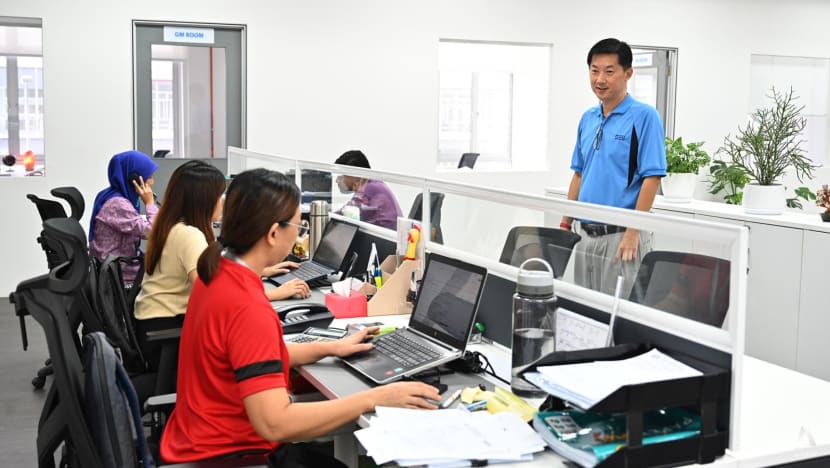
In January, Singapore and Malaysia signed a Memorandum of Understanding (MOU) on the SEZ with an aim to boost economic cooperation between Singapore and Johor.
Under the MOU, both sides will work towards increasing the cross-border flow of goods and people and develop a framework that will lead to a full-fledged agreement on the zone.
While some firms told CNA they were initially concerned that the proposed special economic zone could fizzle out the same way as previous cross-border economic projects, relative political stability and efforts from both sides have buoyed their expectations, and their commercial interest in the region.
Their confidence has also been lifted by concrete steps already taken to fulfil some of the terms of the MOU - such as the implementation of QR-code immigration clearance towards passport-free travel across both sides of the Causeway.
At an investor forum for the SEZ in Kuala Lumpur on Jul 10, Malaysia’s Economy Minister Rafizi Ramli - who is heading SEZ negotiations for his country - said that the signing of the agreement is on track for September, with officials from both sides “burning the midnight oil” to iron out the finer details ahead of the Malaysia-Singapore Leaders’ Retreat.
The Johor state government has also proposed that the geographical scope for the area within southern Johor to be gazetted for the SEZ encompass a land mass of 3,505 sq km, more than four times the size of Singapore.
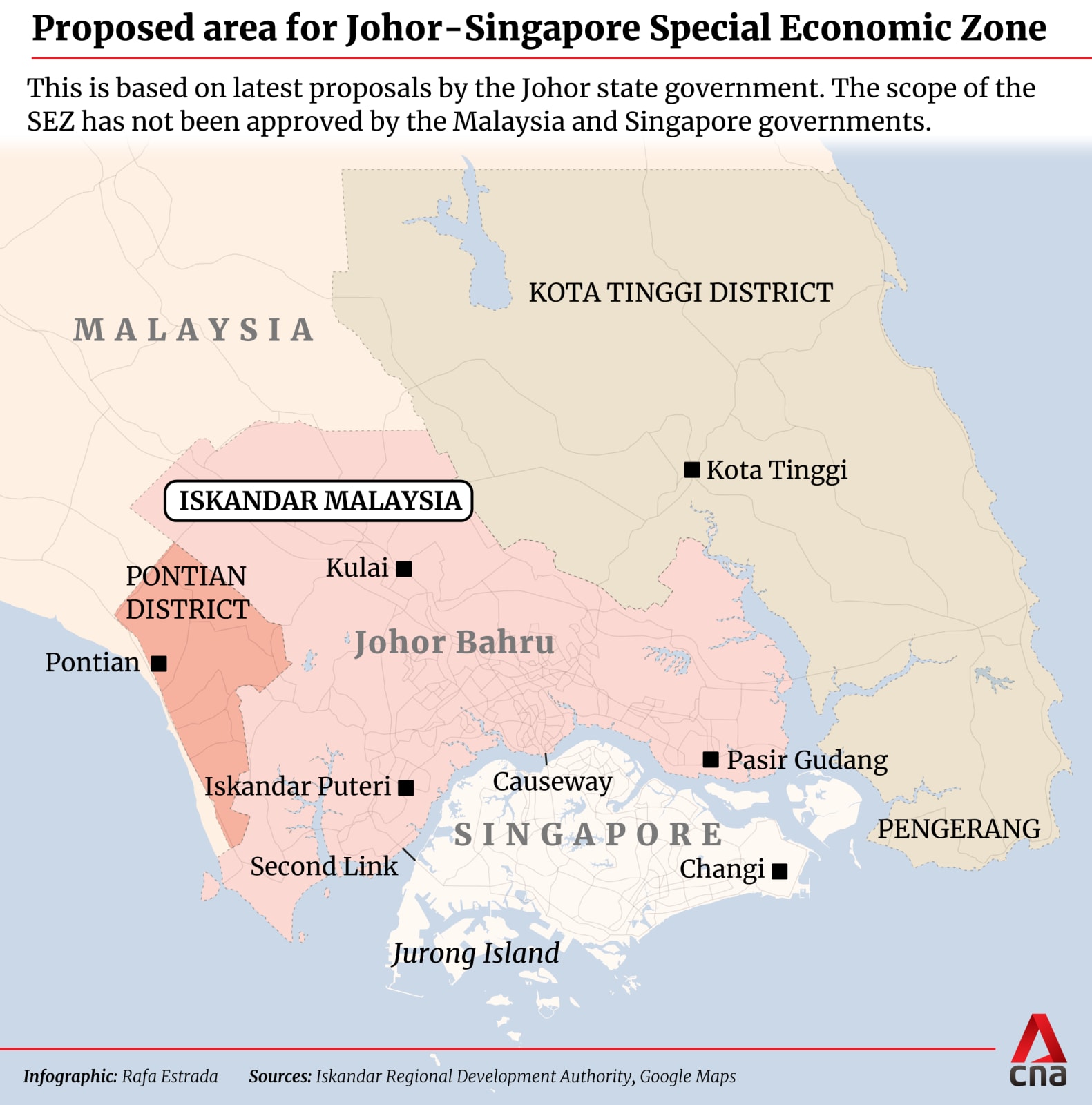
Johor chief minister Onn Hafiz Ghazi added that the proposed area would span across six districts - Johor Bahru, Iskandar Puteri, Pasir Gudang, Pontian, Kulai and Kota Tinggi.
Malaysian agri-business owner James Tan, who recently relinquished his post as president of SME (small and medium enterprises) Association of Southern Johor, told CNA that the steps taken to boost connectivity and alleviate congestion at the land crossings showcase determination from both authorities to work together towards smooth border flow which will be key for the SEZ.
“They are working to ease the jam - QR code clearance, the use of e-gate scanners, all of this will make travelling between Singapore and Johor a breeze.
"Passport-free travel will increase the transportation of people and also ease bottlenecks for movement of goods” said Mr Tan, who transports vegetables and fruits from his farm in central Johor district Segamat to Singapore.
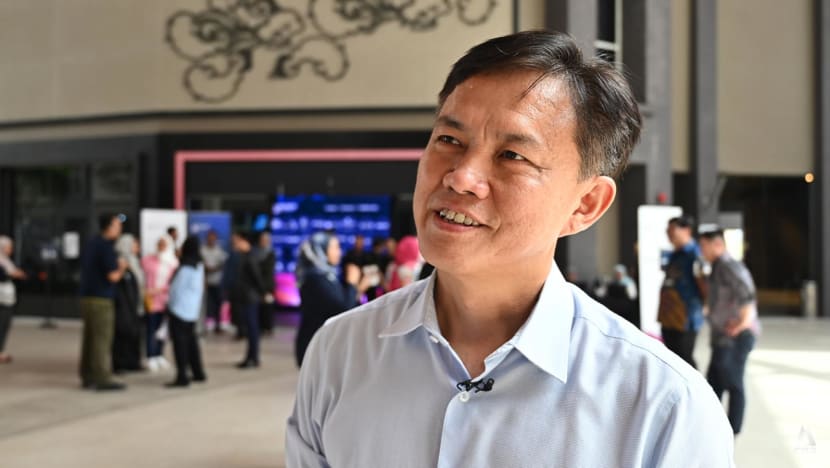
He explained that his company is considering whether to expand its business into Singapore but is waiting to see if the terms of the SEZ will be favourable for Malaysian companies.
“This time I am hopeful it will be different. The SEZ looks promising and we can increase our volume of exports more in the future,” he added.
“THIS GOVERNMENT MIGHT BE STICKIER”
Businesses added they are confident that the SEZ will not go the same way as other similar cross-border projects implemented in the past to boost economic cooperation between Johor and neighbouring territories.
This includes the Iskandar Malaysia project, which was conceptualised in 2006 under the Malaysian government led by then-prime minister Abdullah Ahmad Badawi.
The proposed economic growth corridor in 2006, spanning 2,217 sq km across southern Johor was supposed to grow by tapping on synergies with neighbouring Singapore.
However, the region, slated to be one of Malaysia’s main economic engines, saw its progress halted during the COVID-19 pandemic as border curbs curtailed investment and the property market was left in an overhang. Longstanding issues on connectivity have also hamstrung the region’s development.
Another proposal which failed to take off was the SIJORI Growth triangle, established in 1989 to boost economic cooperation between Singapore, Johor and the Riau Archipelago in Indonesia.
Yet, the project fizzled out in a decade, due to unanticipated limited progress and uneven regional economic performance.
President of the Singapore Manufacturing Federation Lennon Tan told CNA that he is hopeful that the SEZ will not go the same way as the SIJORI Growth Triangle and the Iskandar Malaysia projects because of the intensive business engagement from government officials this time round.
“There is a lot more private sector consultation, industry consultation and this is true for both sides of the government,” said Mr Tan.
“There are very deliberate efforts by high-profile government officials on both sides to endorse and push the SEZ initiatives forward so there’s reason to be hopeful that it will come to fruition,” he added.
Mr Tan, who heads data security firm Adera Global, told CNA that the timing of the SEZ proposal is helpful for some manufacturing companies in Singapore who are grappling with rising costs and inflation.
“Smaller businesses are managing survivability issues with these challenges so the SEZ is a new avenue for businesses to move some of their operations to Johor, maintain competitiveness and keep the same cost structure as it used to have,” he added.
“Businesses are waiting for more information on the SEZ … but I think they remain very, very keen and very interested,” said Mr Tan.
Mr Jason Su, managing director of Singapore venture capitalist firm Farquhar that invests in small companies branching out to Johor, told CNA that he is optimistic that the SEZ will be “successful” in part due to the support of the federal administration led by Mr Anwar which he regards as a pro-business technocratic government.
Mr Anwar has garnered praise from regional business leaders for facilitating a positive environment which encourages foreign investment.
During his tenure as prime minister, multinational corporations (MNCs), including Microsoft, Nvidia and Alphabet have all announced partnerships and investments in Malaysia.
US tech giant Microsoft pledged a US$2.2 billion investment in artificial intelligence (AI) and cloud computing in May to help develop the country's AI infrastructure.
Moreover, during his visit to meet Prime Minister Anwar in December 2023, Nvidia chief executive Jensen Huang jokingly referred to Mr Anwar as the “AI Prime Minister” and lauded the administration for its “excellent infrastructure” to advance AI development in the region.
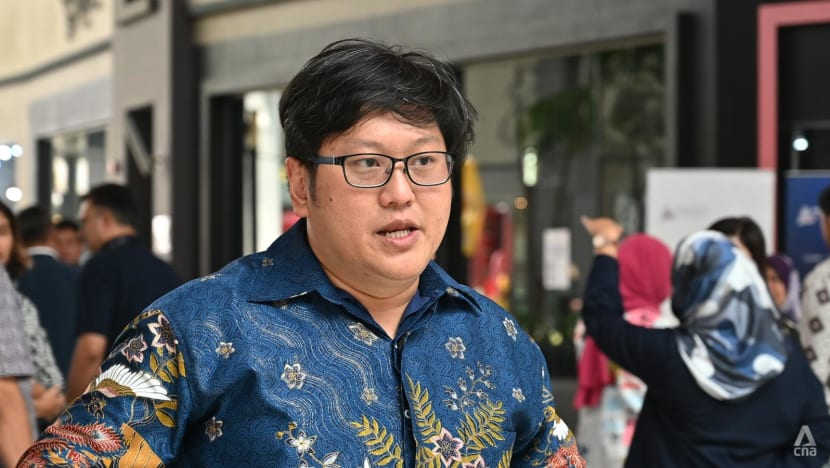
Mr Su told CNA that based on his company’s research and data, even though the SEZ terms have not yet been announced, Singapore firms are already signalling interest in moving some operations across the Causeway.
“There’s a reason why we didn’t choose to do more in Malaysia four to five years ago. We only chose to come over starting from last year as we see the current regime having a firmer grip on power,” said Mr Su.
“I think we communicate better (with) a dedicated and committed government, which seems to unify more Malaysians. This government might be stickier, might be around for a long time,” he added.
SKILLED MANPOWER SHORTAGE A LINGERING CONCERN
However, some businesses, especially those headquartered in Singapore, remain cautious of investing due to potential issues.
One of which has garnered some attention is the possible difficulty in sourcing technical and skilled workers, referring to trained, educated and experienced members of the workforce.
According to a Singapore Business Federation report released earlier this month, more than 90 per cent of Singapore firms surveyed said they are keen to invest in Johor as part of the SEZ, but nearly 60 per cent anticipate difficulties in finding technical and skilled workers.
The Johor government has acknowledged the problem exists. On Jul 17, Mr Onn Hafiz said that the problem needs to be addressed ahead of the launch of the SEZ and to overcome it the government will propose the launch of a talent development council.
He added that the council will liaise with universities and colleges to groom graduates for specific jobs to meet industry needs.
A case in point for this lingering issue is how Racer Technology took more than a decade of multiple failed hires before they managed to appoint a suitable candidate to be general manager.
Mr Koh told CNA that he wanted to hire a local to lead the staff based there as Johoreans would best understand the working culture.
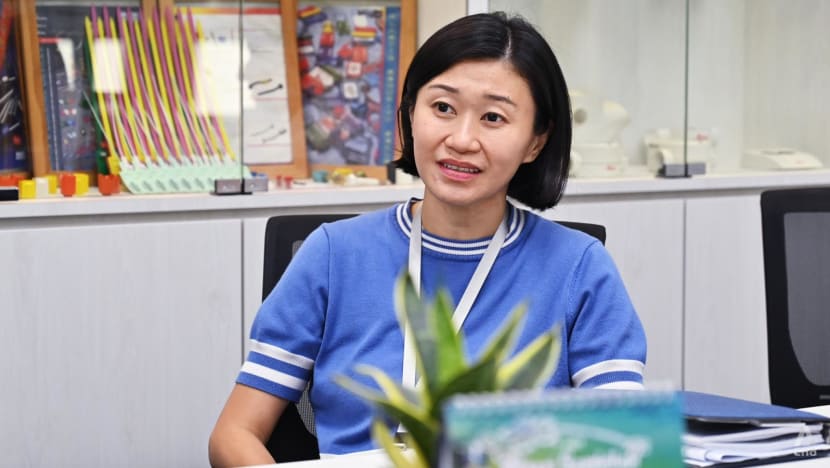
He eventually promoted a staff member from within the ranks - Mdm Chloe Hong who has been with the company for 18 years.
“So crazy … It took us a while to look for a good general manager and … this is because most of (the skilled workers in Johor) have gone to Singapore to work because of the (large) difference in exchange rate,” said Mr Koh.
He added that finding a skilled local employee like Mdm Hong, whose head will not be turned by offers from across the Causeway, was like finding a “needle in a haystack”.
Mr Koh added that he anticipates the brain drain in Johor to worsen even with the SEZ as better connectivity will encourage more Malaysians to go across the Causeway for perceived better career prospects.
He also said that the government should allow for Singapore employees to travel freely under special expatriate passes as part of the SEZ.
“In (the) future we will see there will be a shortage of engineers and middle management people because they will be all going to Singapore. So this again, Malaysia needs the government to open up another channel for expatriates to come in to run the facility (and help with) the production operation,” said Mr Koh.
Mdm Hong told CNA that she is not keen to work in Singapore as she wants to be close to family, but she acknowledges that many of her friends and even the younger generation in Johor will likely choose to go across the Causeway to work.
“I think maybe the number of skilled workers left in Johor will be much less, and this could be a problem for companies looking to set up here,” she added.
The Malaysian agri-business owner Mr Tan echoed similar sentiments. He noted that he has faced difficulties hiring middle managers in Johor and has resorted to taking some of the responsibilities up himself.
“Singapore companies can pay these managers higher but I think it's worth convincing them to come back because the expenses in Singapore are high as well.
“Many Johoreans these days need to change their mindset and show their capabilities at firms here at home. I hope as part of the (SEZ) the income level of Johoreans will go up and many will no longer need to go to Singapore to find work,” he added.

















